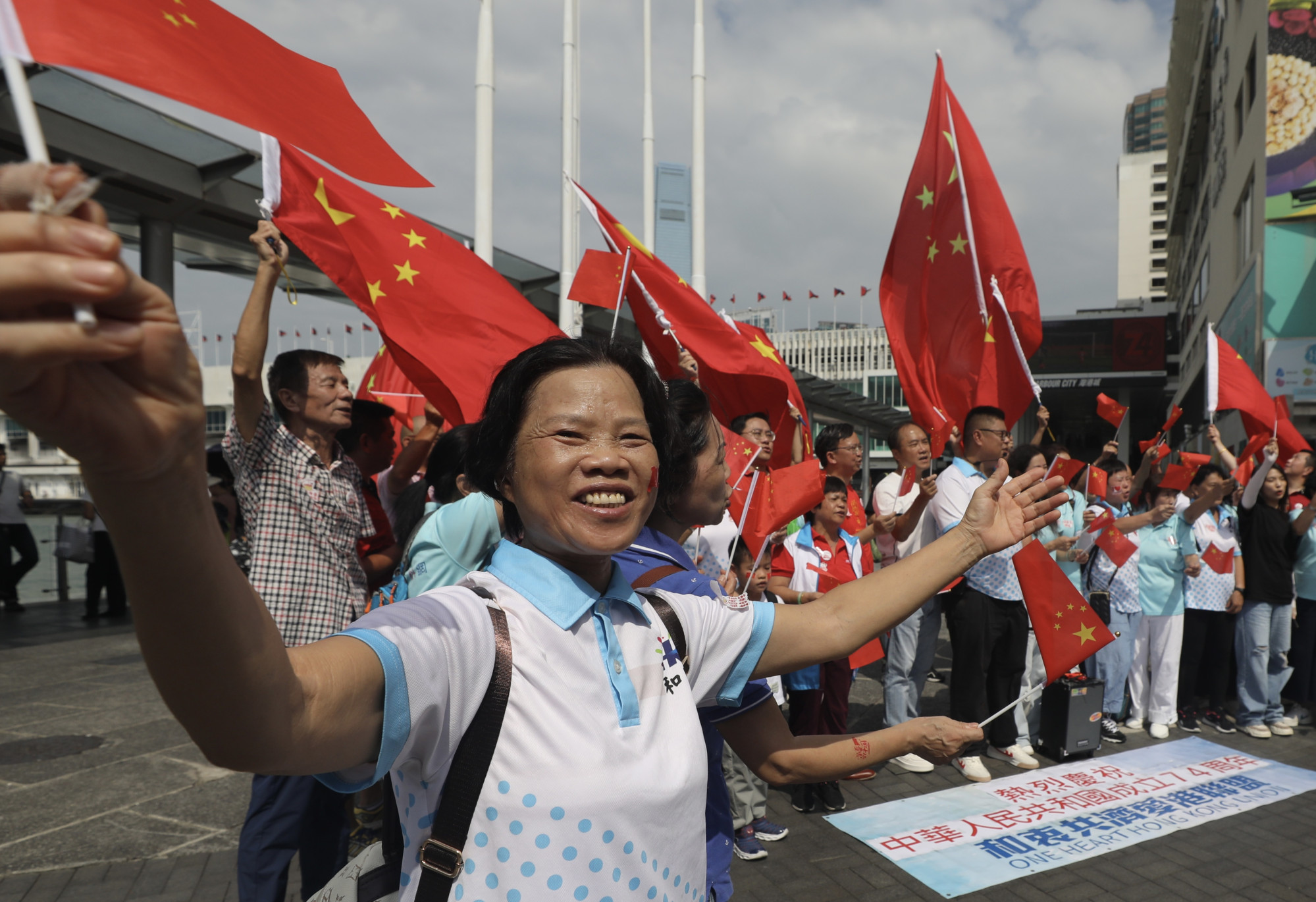
Hong Kong NGOs must have fair allocation of funds
- A revision of subsidy rules that takes into account whether city social welfare groups support the government has raised concern
More public policies are being reviewed in the wake of Hong Kong’s changing political and social circumstances. Non-government welfare organisations seeking subsidies from the administration are the latest to be affected. The new criteria should be clearly explained to make compliance easier.
The social welfare sector is understandably concerned when funding rules are revised to take into account whether individual groups support the government. Under a new scoring system, those that have organised events or activities backing official policies over the past three years will stand a better chance of getting money.
Such events, according to the Social Welfare Department, include those related to national education and the country’s development, as well as activities celebrating the October 1 National Day or July 1 anniversary of the city’s return to Chinese rule.
There are those who liken the latest move to political censorship. Officials said having patriotic social welfare organisations that supported the administration would ensure everything was in place to benefit those in need. The department said it had also “increased the weight for establishing district liaison or service networks in the scoring rubric to highlight the importance of strategic collaboration in the community”.

This is apparently in line with the revamp to enhance the administration of districts.
Like it or not, governance is to be confined in the hands of “patriots” following the imposition of the national security law and electoral revamp. Recipients of public funding are therefore expected to cooperate with the government, not confront it.
While some welfare groups said they did not object to the new scoring system, the weighting of different assessment criteria should be spelled out so groups know what is expected of them.
NGOs are an integral part of the city’s social welfare safety net. Officials are expected to monitor the funding and performance of the groups, taking into account service quality and other factors to ensure public money is well spent.
Hopefully, legitimate bodies can continue to receive subsidies in a fair, transparent and accountable manner.

